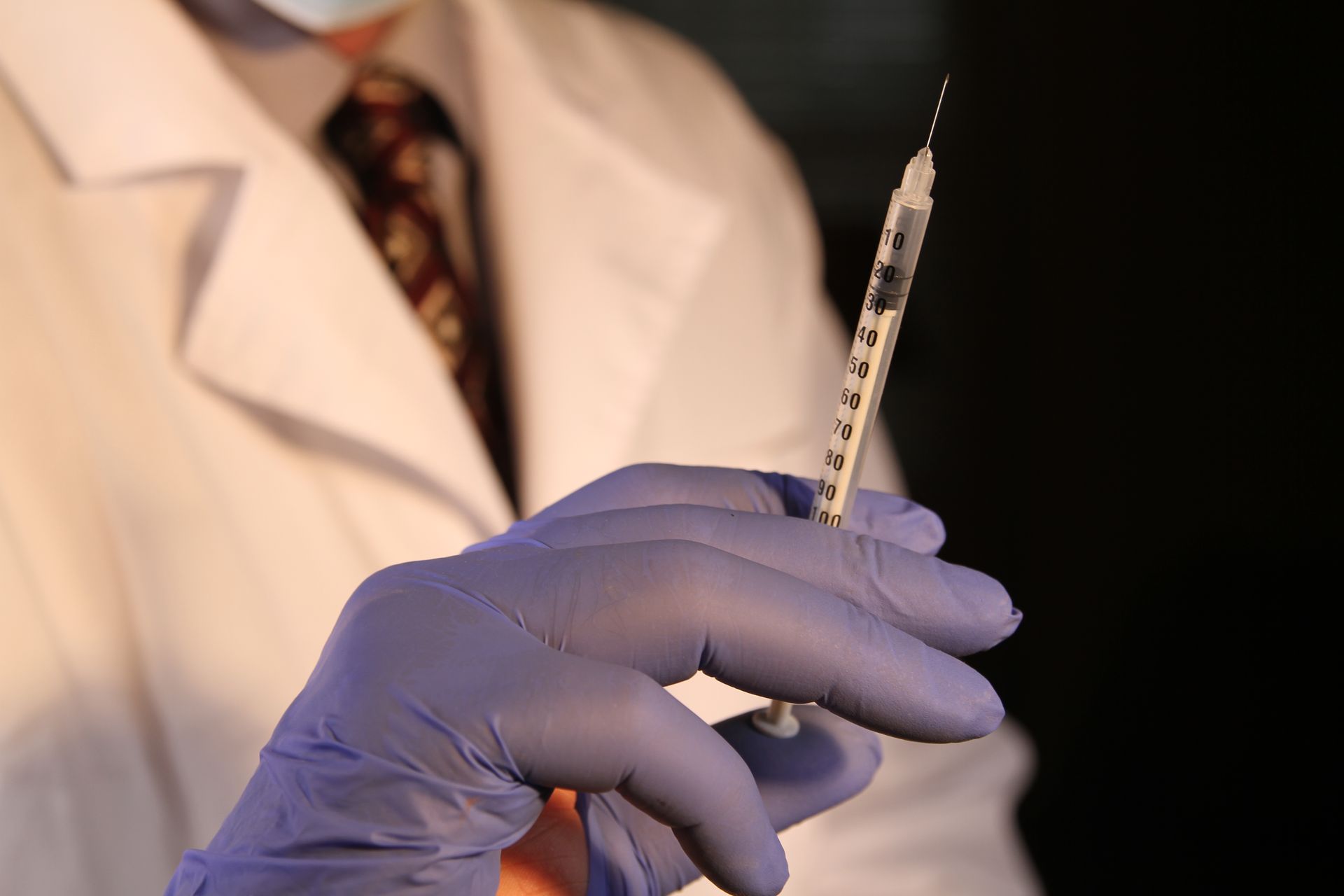
I don't want my child getting vaccinated at school
Apr 03, 2023
Declining Consent may not be enough

Parents with children in a UK school will soon encounter the routine of vaccinations being administered in school. A vaccination provider such as the NHS or a private company will be in touch with parents and ask for their consent. This may be a paper form but increasingly parents are asked to give their consent via an online form.
Confusion can set in already at this early stage, with parents reporting some forms only have a 'yes' option but no way of saying 'no' or else asking parents to justify their refusal. Alternatively some parents may object to the wording. They may be happy to say they don't want their child vaccinated but the form may read 'I don't want my child protected' which the parent then won't want to put their name to.
Strictly speaking you do not need to submit anything in order to say 'no'. If the vaccination provider doesn't have your consent, they cannot vaccinate your child. A clear 'no' may however help avoid confusion on the day, as staff may start trying to call you or even ask your child to give their own consent.
Consent in medicine is only valid if it is given by a competent person, free of pressure and undue influence and after receiving unbiased information. This seems almost impossible in a school setting. Nevertheless children are sometimes asked to give their own consent, possibly even in defiance of their parents' refusal. We have published extensive guidance for parents about these issues. Occasionally children are vaccinated due to administrative errors and even strong pressure from staff with a fanatical bias towards vaccination is not unheard of.
Being absolutely certain that your child will not have the vaccines in school is therefore difficult. Even if you keep them at home, there may be unannounced catch-up sessions later on.
Here are some tips that will help make any mishaps less likely.
- return any consent forms with a clear 'no' by the deadline or put your refusal in your own words
- make sure your child knows they are not meant to have the vaccine and do what you can to empower them
- consider keeping them at home on vaccination day
- make sure teachers and school staff know about your refusal as well as the vaccination provider and ask them to help prevent any mistakes
- in some cases a legal letter to the vaccination provider may be appropriate
